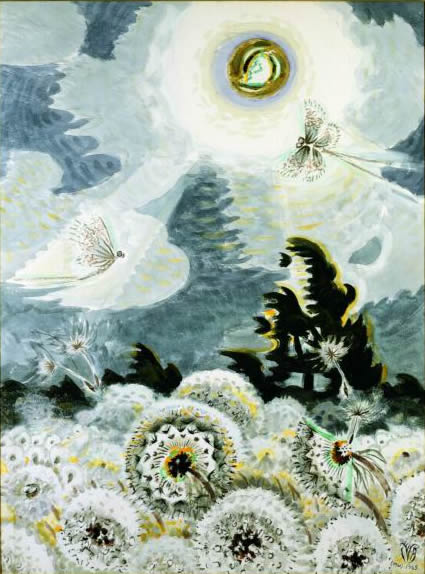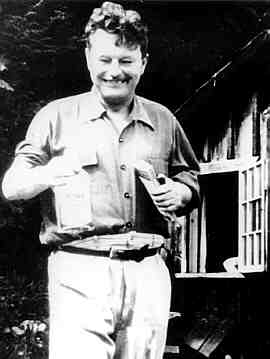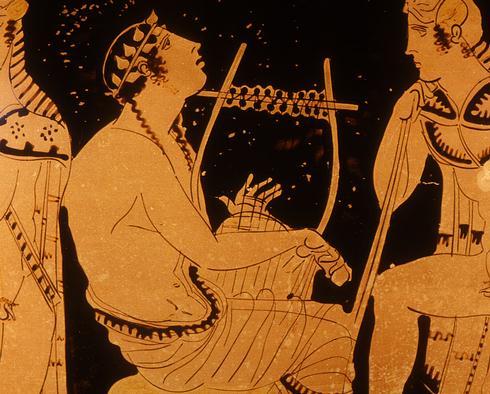
Fishing for the moon (1907)
First line: A dreamy little youngster lived beside a quiet lake
Chorus: He went fishing for the moon
Unrelenting the gaiety here. Result of Johnson’s
Dictionary. The latest rubbernecker:
to fi´•shify. To turn to fish: a cant word.
Here comes Romeo
—Without his roe, like a dried herring:
O flesh, flesh, how art thou fishified!
—Shakespeare, Romeo and Juliet.

African American woman, seated on ground, fishing, at the Tidal Basin, Washington, D.C. (Toni Frissell, 1957)
Mark Scroggins noted my growling scurrility, growing vasty and unrebuff’d. It’s an age of animosity and overkill. Age of high idiocy and hyperbole. I think Robert Archambeau level’d a charge of New Georgeanism, at it, the age, the period, the style. Some indications: flabby thinking, accolades unsupport’d, gnomic pronouncements, adolescent japery, goosestepping stylisticks, terminal irony terminally defer’d, the gauzy, the untemper’d (bent), th’abstract (shallow), the mildly rehash’d surrealism of the video set. I could name names. In lieu of that, a series of plausible samples (of the age):
1) stile
2) gauze
3) goosestepping
&c.

Young woman holding a fish on a fishing line, sitting in a rowboat in a body of water with two other women. (1928)
Sontag, on ‘becoming an individual’: “One way . . . is through accretion, composition, fabrication, creation. The other way . . . is through dissolution, unraveling, interment.”
“You spend so much time . . . protesting against banality. Your life is a museum of counter-banality . . . what’s so wrong with banality?”
The notion of being ‘shocked’ as “a dullard’s substitute for the pleasures of the imagination.”
Grief, death-grief: “I felt as if I had gotten loose in my skin. My armholes, the legholes, the hole for my head, eluded me.
I made a list of ways of dying . . . Death by hanging, death by guillotine, death by peas up the nose, icicles through the groin, falling down an elevator shaft, crucifixion, the parachute that doesn’t open, gangrene, jumping out of the dentist’s window, arsenic in the onion soup, being run over by a trolley car, snake bite, the hydrogen bomb, Scylla and / or Charybdis, a broken heart, the stake, Russian roulette, syphilis, being tossed out of a roller-coaster, careless surgery, drowning, an airplane crash, sleeping pills, automobile fumes, boredom, tightrope walking, hari-kiri, rape by a shark, lynching, ultimatums, hunger, flying without wings, flying with wings (without a plane)—
Oh, how frail we are.”
“You are a great comic fragment.”
“It is the possession of a role which provides the impetus to go out in the world, to act at all. The more numerous the roles, the greater the number of excursions.”

Boxer Jack Dempsey holding a fishing pole and fishing, on a narrow dock jutting out into a body of water. (1919)
Gilbert Adair,
Love and Death on Long Island: “Little by little, in part because of intrinsic qualities that were great and durable enough to survive any lengthy period of neglect, in part because the passions of the two previous decades had quite cooled down, and in most part because of the subtle but indisputable nimbus of rarefaction that enhaloed my work, the cachet that will ever be attached to an artist fallen silent in his prime and whose silence fascinates as an impertinent shunning of the world and the blandishments it holds out to those it deigns to regard as gifted, I returned to fashion.”


















































